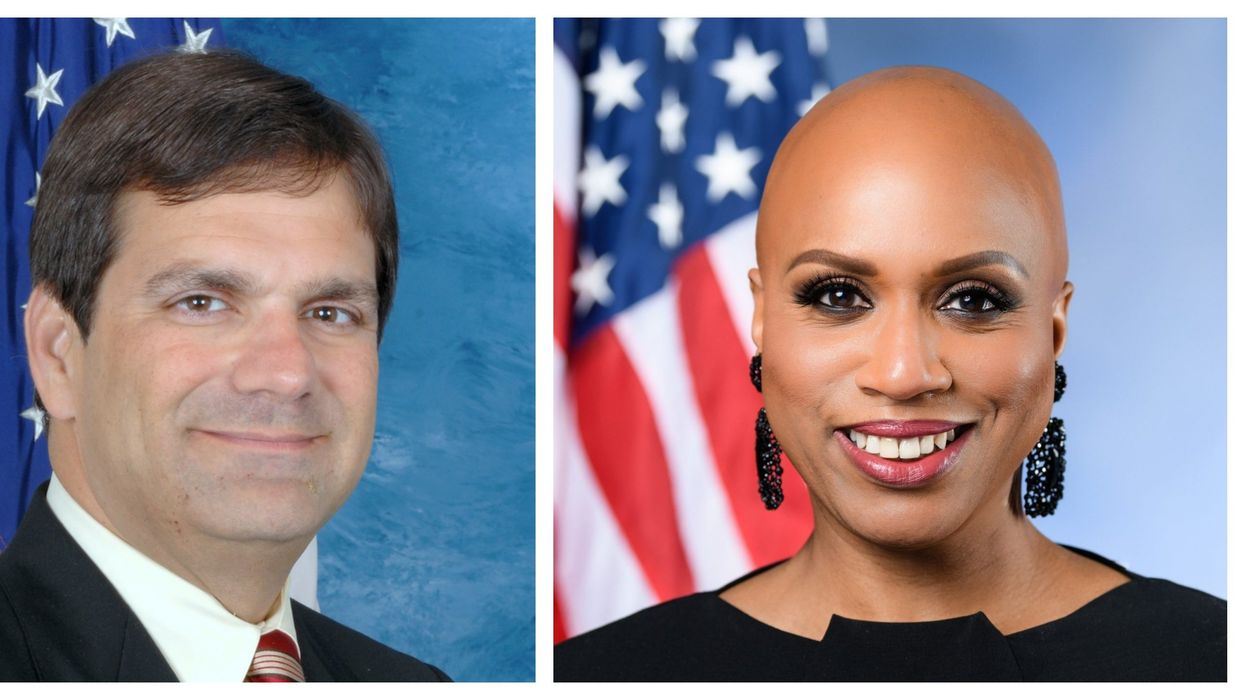Fitch is president and CEO of the Congressional Management Foundation and a former congressional staffer.
There is probably no more important concept in the compact between elected officials and those who elect them than accountability. One of the founding principles of American democracy is that members of Congress are ultimately accountable to their constituents, both politically and morally. Most members of Congress get this, but how they demonstrate and implement that concept varies. The two winners of the Congressional Management Foundation’s Democracy Award for Constituent Accountability and Accessibility clearly understand and excel at this concept.
The office of Rep. Gus Bilirakis (R-Fla.) seems to genuinely believe the best ideas come from those he serves and as such has embedded policies and practices throughout his office to maximize constituent engagement. The office has cultivated a culture of excellence and continuous improvement that is supported by formal procedures. The team actively seeks opportunities to translate constituent problems into legislative solutions. They also seek ways to demonstrate accountability by integrating constituent ideas and concerns into their letters to congressional colleagues and testimony at legislative hearings, as well as formal legislation.
The congressman’s voting record is displayed on his website and the rationale for each vote is explained in his weekly newsletter. He held approximately 100 in-person or tele-town hall meetings in 2023. Bilirakis hosts one tele-townhall each month during which he calls 100,000 constituents in the district, offering them an opportunity to hear from him directly.
Bilirakis has won Democracy Awards in three categories — two this year, which kind of makes him the Robert Redford of the Democracy Awards.
The Democratic winner for accountability and accessibility is Rep. Ayanna Pressley (D-MA). She and her staff aim to practice “cooperative governing” and “keeping those closest to the pain closest to the power.” This model of governing informs every interaction that the office has with constituents. Pressley leverages every congressional tool available to communicate important updates to her constituents, including a periodical newsletter with updates on her legislative work and upcoming events, and using social media platforms and press interviews to share federal resources.
The office ensures that videos are captioned and photos include alt-text for constituents with hearing and visual impairments, and it is standard practice to use translation options for public community events. In 2023, Pressley held four in-person town halls, quarterly traditional telephone town halls, and at least 50 virtual town halls, roundtables or community meetings. Her office was also one of the first to use direct-to-camera videos and engaging social media graphics to update constituents on legislation, provide resources and solicit feedback.
In addition, all staff are trained on how to identify casework challenges or incoming letters that could be addressed through longer-term legislation, amendments or appropriations requests. Finally, the office has inculcated in the staff a mentality to look for and create access to constituents where barriers could exist. This includes language barriers, physical accessibility issues and even providing child care services at events so parents can attend.
Many members of Congress use some of these methods to demonstrate accountability and accessibility to their constituents. Yet it is the comprehensive combination of many strategies that sets the Bilirakis and Pressley offices apart from their colleagues. Each office has clearly cultivated a culture of openness that is usually met by surprise from a constituent. Americans have become so cynical about Congress that when they get a phone call returned, or are invited to a telephone town hall meeting, they’re shocked. One participant in a telephone town hall meeting said, “It actually made me feel like I had a voice in government.”
These are the types of strategies that more politicians must employ if we are going to strengthen our democratic institutions.




















Trump & Hegseth gave Mark Kelly a huge 2028 gift